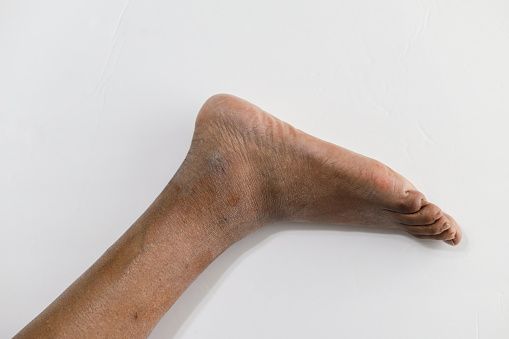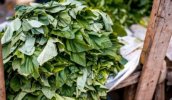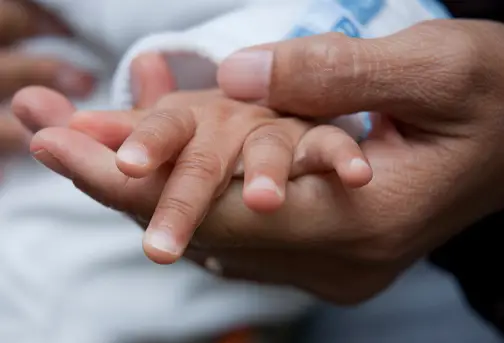Harmattan is the season in West Africa that falls between late November and the middle of March. Change in weather and its effect varies between states. However, it's worth anticipating, owing to the cool breeze and cold temperature.
It is received with mixed feelings, especially if it triggers an allergy and other health challenges. Nonetheless, its vices override its benefits. These include the attack on the outer layer of our skin, droughts, excessive cold, cracked lips, dehydration, sore throat, and more. This article will focus on cracked feet and how to tackle them.
Cracked feet, otherwise known as heel fissures, are a common condition that may not necessarily call for much attention. It occurs when the rim of the heel thickens and breaks under dryness. Cracked feet can cause discomfort or get infected.
Is your major fear about the harmattan season cracked feet? Is it inconvenient to you to pull your slippers at a neighbour’s? Mama, we know how challenging it can be, but we've covered you.
Here are some easy ways to prevent cracked feet during harmattan
-Scrub the feet: While having your bath, soak your feet in lukewarm soapy water for about 20 minutes. Then, gently scrub with a pumice stone to peel the hard skin on your heels, and dry your feet thoroughly afterward.
Repeat the procedure each time you go in to have your bath or preferably at night. Add a tablespoon of apple cider vinegar to the lukewarm water and soak your feet. Also, endeavour not to leave your feet in water or damp areas for a long time.
-Use a moisturizer: Just like your skin, your feet need nourishing and moisturizing. So don’t leave your feet dry. Instead, moisturize at least two times daily. This helps keep your feet tender and exfoliate dead skin. There are numerous over-the-counter moisturizers with ingredients like lactic acid, jojoba oil, shea butter, petrolatum, and hyaluronic acid.
They help remove dead skin or restrain moisture. You can also try natural remedies. Natural remedies include shea butter, petroleum jelly, olive or coconut oil, honey, or aloe vera mixed with glycerin.
-Wear socks: After you must have scrubbed and moisturized, tuck those feet into a pair of socks so it doesn’t get exposed to the dry air again and also retain the moisture. Avoid walking barefoot; when the feet are not in stockings, make sure they are resting on fluffy slippers. This shields the sole of your feet from hardening and becoming flaky.
-Avoid open-heeled footwear: For the harmattan season, wear footwear that doesn’t leave your heel exposed. Footwear like sandals and slippers should be set aside for a while.
-Do not peel: Resist the urge constantly to use your scratch or tear at the surface with your fingers to smoothen the heels. It may trigger off deep cuts.
-Take Vitamin C: The essence of Vitamin C cannot be overemphasized. It is always recommended for soreness and to prevent dehydration. Although vitamin C will help your skin retain its moisture, its deficiency may contribute to skin dryness.
Remember that consistency does magic.
Know when to see your doctor, Podiatrist, or dermatologist. It is not normal to develop cracked feet during harmattan, but when it lingers over a long period or the fissures become so deep that they begin to bleed, it should be worthy of concern. Your visit to the doctor is also to ensure there are no underlying illnesses.
Always stay PreggSafe!










Comments